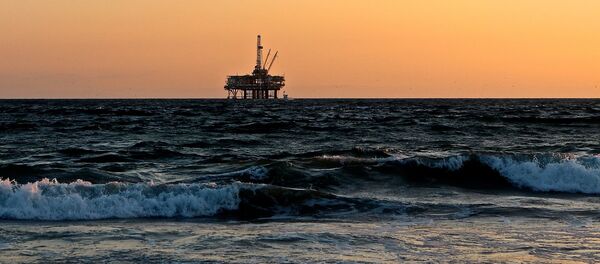"The decision by the United States to reduce its contribution to UNRWA from $264 million to $60 million will be implemented only in Gaza, and will not benefit the Palestinian refugees in Lebanon. It will rather add to the burden placed on Lebanon in the care of these refugees who, added to the Syrian displaced, now constitute half the population of Lebanon," Aoun stressed.
He specified that Lebanon was hosting over 850,000 Syrian refugees.
"Lebanon, which has hosted more than 850,000 Syrian refugees on its soil since the start of the bloody events in Syria, can no longer bear the consequences of this displacement… The aid provided by the international community is insufficient and is already going directly to the displaced without any coordination with or supervision by the Lebanese State," Aoun said during talks with US Secretary of State Rex Tillerson, as quoted by the National News Agency (NNA).
Lebanon's neighbor Syria has been engulfed in a civil war for nearly seven years as government troops fight against numerous opposition factions, as well as terrorist groups.
According to the European Commission's latest data from mid-January, more than 30,000 Palestinian refugees from Syria and over 174,000 from Palestine reside in Lebanon. The population of Lebanon itself is 6.2 million people as of July 2017. Lebanese authorities regularly call on the international community to assist them in handling the refugee crisis, as the country has the highest per capita concentration of refugees worldwide.
Lebanon Has Right to Tap Its Own Waters for Oil, Gas
Meanwhile, Lebanon's Prime Minister Saad Hariri emphasized during talks with US Secretary of State Rex Tillerson that his country has the right to explore and develop potential oil and gas reserves in its territorial waters.
"I also stressed to Secretary Tillerson Lebanon’s right to explore, exploit, and develop our natural resources in our territorial waters," Hariri said during a joint news conference with Tillerson in Beirut.
In December, Lebanon announced that it had granted three international oil and gas firms — Russia's Novatek, France's Total and Italy's Eni — the rights to start exploring for oil and gas deposits in the disputed waters.
The United States has tried to mediate the territorial dispute and sent Acting Assistant Secretary of State David Setterfield to south Lebanon last week to visit the border between the two countries.




